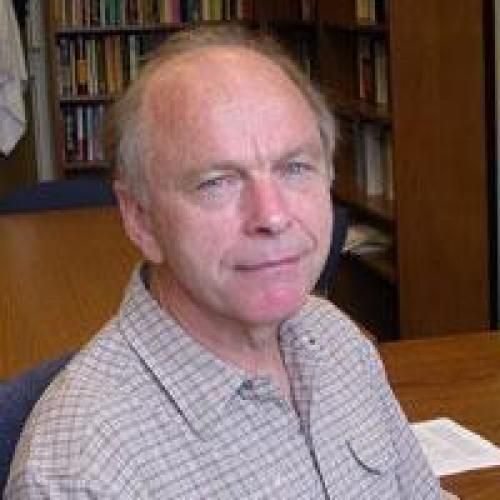
Volunteering in the United States in the Aftermath of the Foreclosure Crisis
When crises hit communities, some expect a withdrawal from community involvement while others predict the disaster will inspire more volunteers to help. Case studies and anecdotal reports in the media suggest that the pro-social response predominates, but this has not been demonstrated scientifically. We analyze data from 120 U.S. metropolitan areas (2007-2009) to assess the association between the recent housing crisis on volunteering. Although foreclosures increased in most areas, the crisis hit some cities harder than others. Using fixed-effects models, we find that cities experiencing increases in foreclosures exhibited increases in volunteering rates. Furthermore, we observe that volunteering among homeowners increased in response to the foreclosures, but the rate for renters was unaffected. We conclude that residents of communities afflicted by the economic crisis respond in a pro-social manner, but this response tends to occur among residents of communities most affected by the crisis or most likely to identify with its victims.
Duke Scholars
Published In
DOI
EISSN
ISSN
Publication Date
Volume
Issue
Start / End Page
Related Subject Headings
- Political Science & Public Administration
- 4407 Policy and administration
- 3507 Strategy, management and organisational behaviour
- 1607 Social Work
- 1605 Policy and Administration
- 1503 Business and Management
Citation

Published In
DOI
EISSN
ISSN
Publication Date
Volume
Issue
Start / End Page
Related Subject Headings
- Political Science & Public Administration
- 4407 Policy and administration
- 3507 Strategy, management and organisational behaviour
- 1607 Social Work
- 1605 Policy and Administration
- 1503 Business and Management

